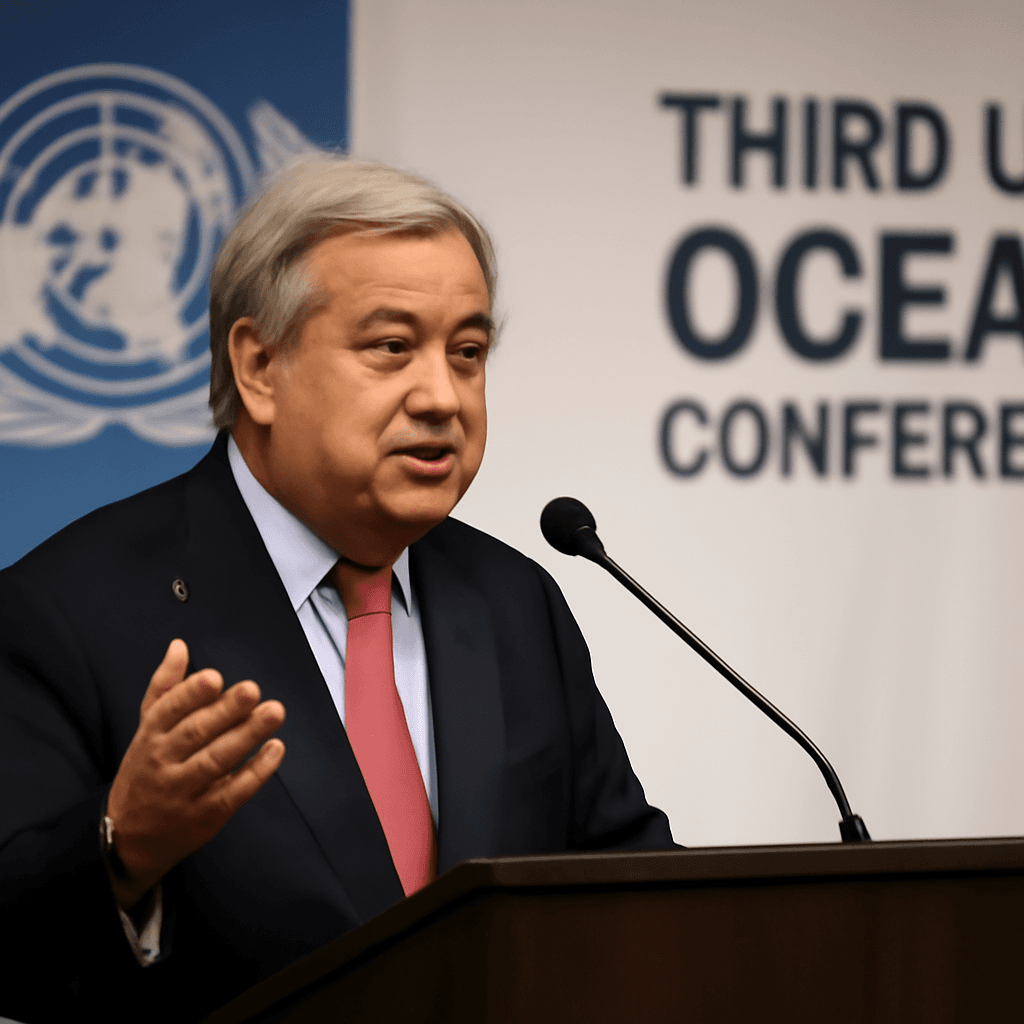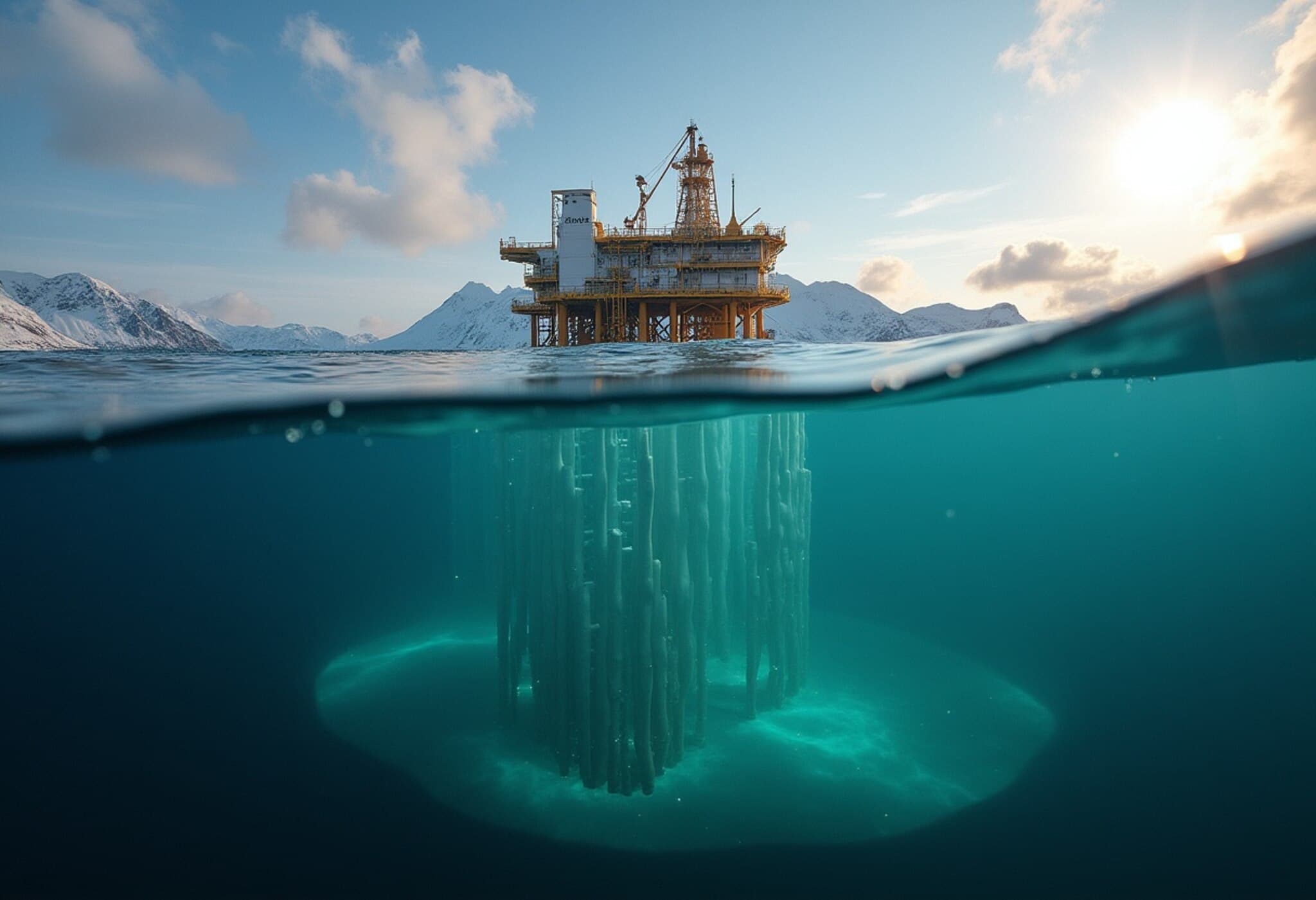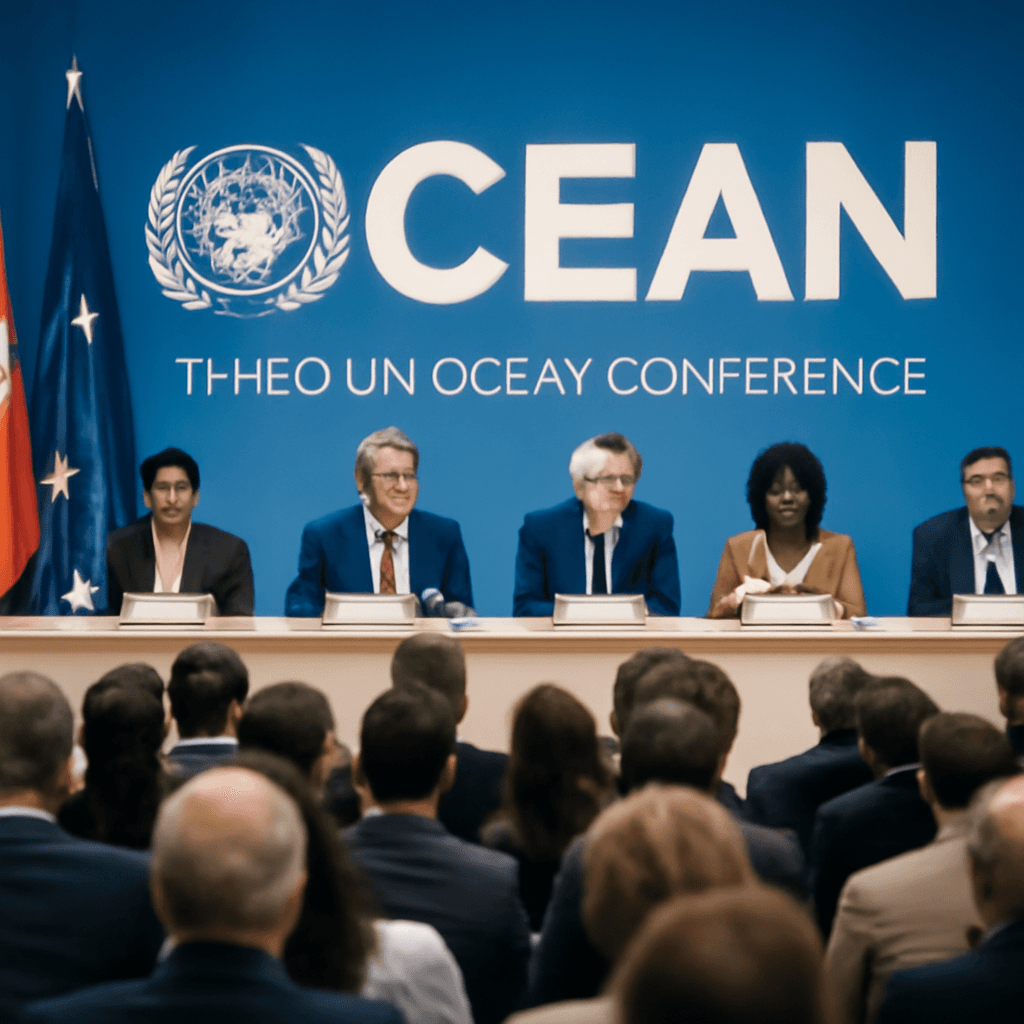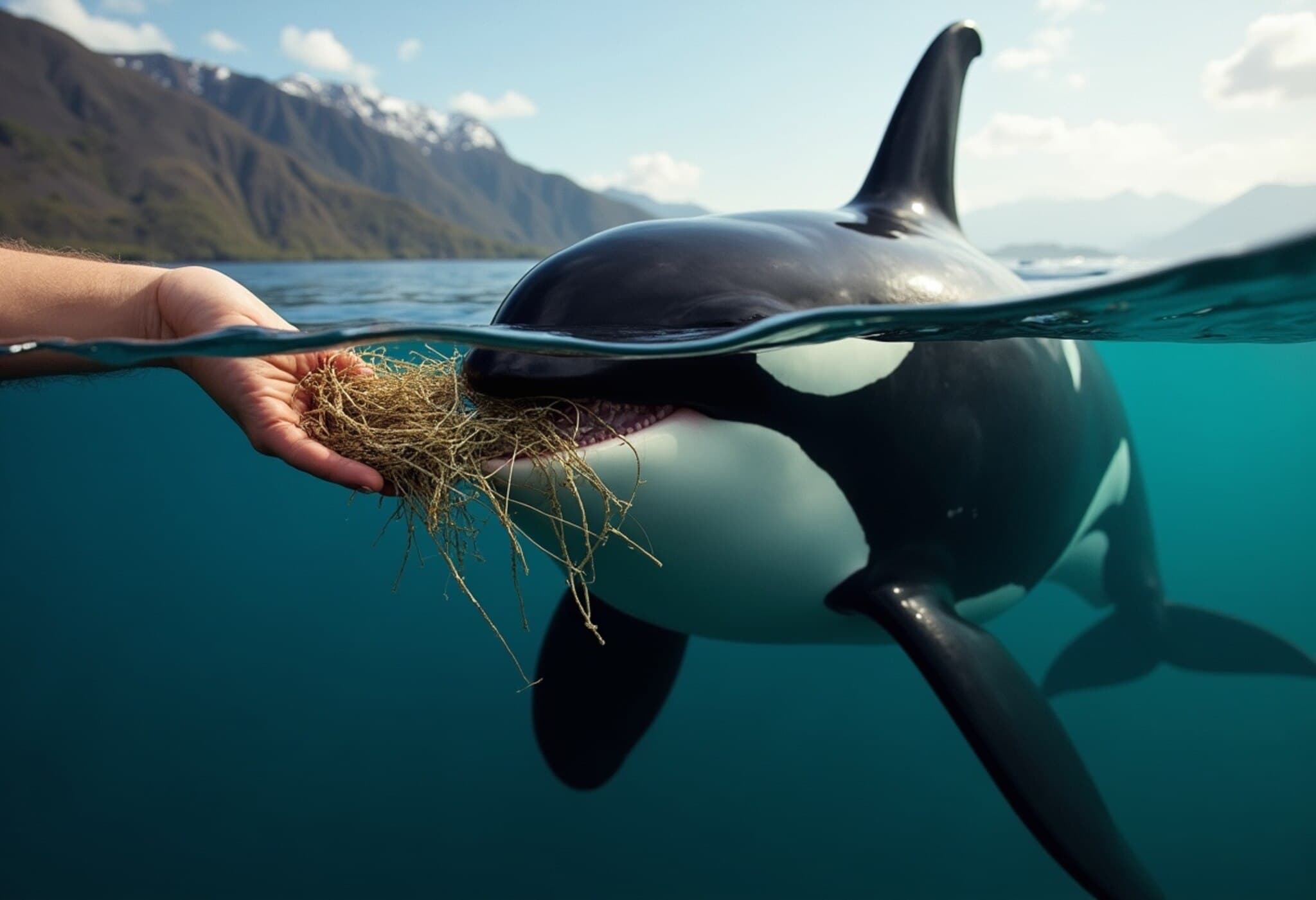UN Chief Sounds Alarm on Ocean Crisis at Global Conference
In a striking call to action, the United Nations Secretary-General emphasized the urgent need for world leaders to safeguard marine ecosystems during the opening of the third U.N. Ocean Conference in Nice, France. Highlighting the mounting threats of illegal fishing, plastic pollution, and warming seas, he outlined how these factors jeopardize marine life and millions of livelihoods dependent on ocean health.
Oceans: A Shared Resource Under Siege
"The ocean is our greatest shared asset, yet we are failing to protect it," the Secretary-General declared, pointing to alarming declines in fish populations, rising sea levels, and increasing acidification. These combined pressures signal a system in peril, unraveling marine food chains and intensifying social and economic vulnerabilities.
Oceans play a critical role in mitigating climate change, absorbing approximately 30% of carbon dioxide emissions generated by human activities. However, escalating ocean temperatures are damaging vital ecosystems and undermining the seas' capacity to act as a carbon sink.
A Historic Treaty to Shield International Waters
Central to the conference’s agenda is the High Seas Treaty, adopted in 2023, which empowers nations to create protected marine areas in international waters — regions that encompass nearly two-thirds of the world's oceans but remain largely unregulated. To date, only about 1% of these "high seas" enjoy protection.
The treaty requires ratification by at least 60 countries before entering into force. While over 50 countries have signed on and another 15 have committed to joining, significant holdouts remain, including the United States, which has neither ratified the treaty nor sent a high-level delegation to the conference.
Despite this absence, advocates stress the importance of moving forward without delay. "Implementation will take years, but starting now is crucial," emphasized an alliance director involved with the treaty.
Global Investments: Bridging the Ocean Finance Gap
Highlighting a persistent challenge, ocean conservation efforts have historically attracted limited funding. Between 2015 and 2019, investments in ocean health totaled just $10 billion, a figure far below the estimated $175 billion annual target required for meaningful progress.
In a parallel gathering in Monaco, major investors, philanthropists, and public banks pledged 8.7 billion euros over five years to foster a sustainable blue economy focused on restoring ocean vitality.
Looking ahead, the U.N. announced plans to launch a new financial mechanism by 2028 aimed at leveraging diverse capital sources to support ocean regeneration on a global scale.
Global Leaders Respond
France’s President, co-hosting the conference, expressed optimism that ratification goals would be met before the year's end. Meanwhile, voices like Britain’s Prince William underscored the urgent nature of protecting the oceans, calling it "a challenge unlike any we have faced before."
As the world watches, the conference marks a pivotal moment for ocean conservation — a decisive push to translate long-standing commitments into tangible action for the future of our blue planet.















